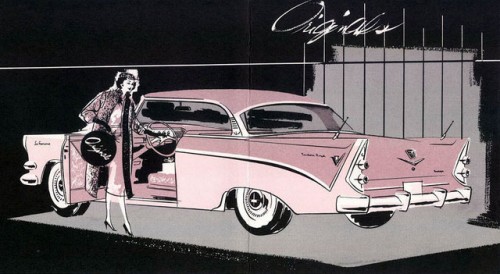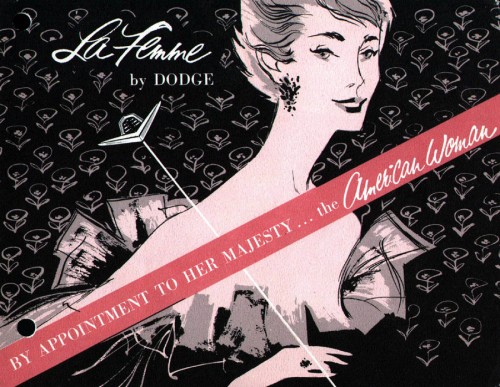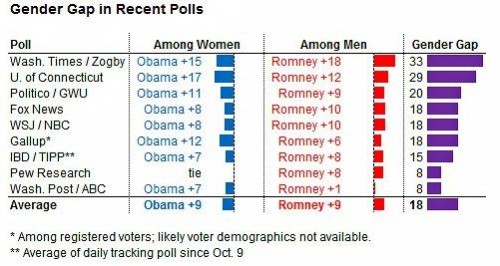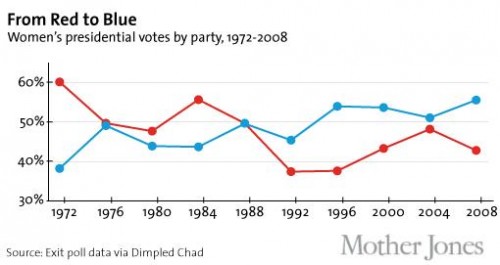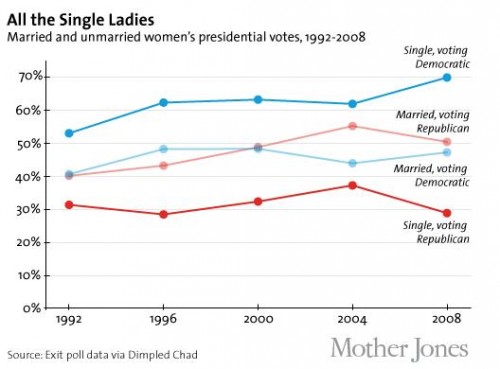Over at his blog, Made in America, Claude Fischer discusses data showing that the percentage of (White) Americans who say that they will vote for a qualified Black president has been rising since the 1950s. Today it sits at about 96%.

Fischer rightly observes that it’s difficult to know exactly what to make of this information. The trend likely reflects a combination of a real decrease in prejudice and a rising appreciation for the fact that it’s unpopular to admit that you wouldn’t vote for a Black person, even on a survey.
Still, assuming for the moment that it represents real attitudinal change, Fischer asks, is “the glass 96 percent full or is it 4 percent empty?” Given our two-party partisan political system, elections are frequently decided by margins this narrow. Obama won with just 53% of the popular vote in 2008. Political scientists estimate that there was a 5 point racial penalty (that is, if he had been White, he would likely have won 58% of the vote).
Tomorrow is election day and it’s difficult to know if race will play more or less of a role than it did in the last election. On the one hand, most people who were worried that Obama would be a racially radical President now know that he is not (some people will never be convinced) and others may have become more used to seeing an African American face in the White House. On the other hand, racial progress usually incites a backlash. That face in such a venerated position of power may have aggravated people who are now actively racist instead of complacently so.
Finally, as Fischer observes, we have absolutely no data on the penalty Romney will pay for being Mormon.
Happy election day eve, America. May we all end tomorrow with a strong beverage of consolation or celebration.
Lisa Wade, PhD is an Associate Professor at Tulane University. She is the author of American Hookup, a book about college sexual culture; a textbook about gender; and a forthcoming introductory text: Terrible Magnificent Sociology. You can follow her on Twitter and Instagram.
 Wanna get clear on the relationship between sex, gender identity, sexual and romantic orientation, sexual behavior, and gender role? Watch this video by the Vlog Brothers, sent in by Jeffrey B.:
Wanna get clear on the relationship between sex, gender identity, sexual and romantic orientation, sexual behavior, and gender role? Watch this video by the Vlog Brothers, sent in by Jeffrey B.:



